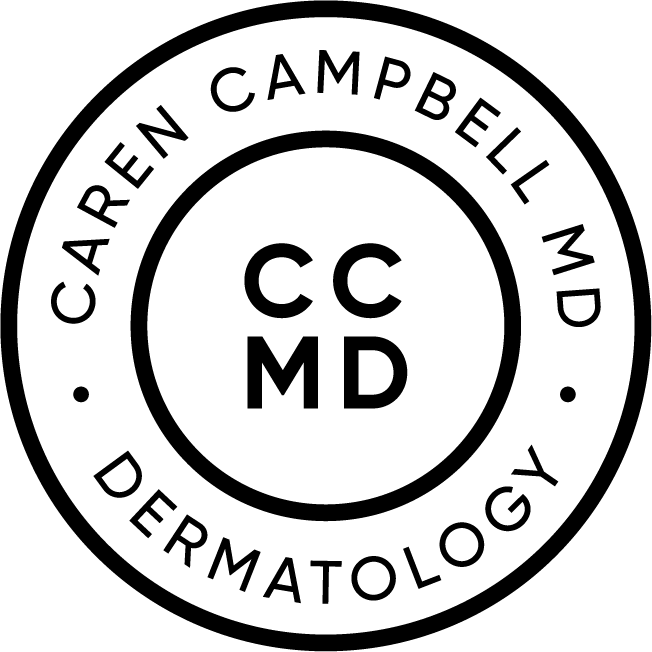Psoriasis
What is psoriasis?
Psoriasis is a chronic skin condition of rapidly dividing skin cells that cause thick, scaly areas of skin frequently on the elbows, knees and scalp. Psoriasis can involve skin, mucous membranes and nails.
How do you get psoriasis?
Psoriasis is genetic and immune system signals inherited from your mother or father can signal skin cells to proliferate too rapidly. A trigger may be required to unmask an individual's genetic predisposition for psoriasis, like strep throat, starting a new medications, smoking or weight gain.
How can I treat my psoriasis?
A number of topical therapies are available for psoriasis. Topical steroids remain the mainstay therapy for patients with limited areas of involvement. Additional topical agents include calcineurin inhibitors, Vitamin D analogs, and tar. Other options used in conjunction with topical agents include phototherapy, oral immunosuppressants, oral and injectable agents that help reprogram the immune system.
Working out, quitting smoking and eating a healthy diet are all good ways to potentially improve your psoriasis. Additionally, given that psoriasis is linked to depression, obesity, cardiovascular disease, and diabetes, these lifestyle modifications help mitigate these life threatening risks.
What makes psoriasis worse?
Trauma to the skin can worsen psoriasis and is termed the Koebner phenomenon in the medical literature. Trauma can include sunburns and frequent rubbing from sports equipment.
Smoking, alcohol and being over weight have also been linked to worsening of psoriasis.
Many psoriasis patients note worsening of their psoriasis during cold winter months.
Is there a cure for psoriasis?
There is no cure for psoriasis. By definition a chronic condition is not curable and does not self-resolve. Some patients do experience periods of improvement, but the psoriasis typically recurs.
What else is important to know about psoriasis?
Psoriasis can affects the joints and cause permanent damage. If you are experiencing pain or morning stiffness in your lower back, achilles tendons, or smaller joints in your hands it is important you talk with your dermatologist or rheumatologist.
Inflammation related to psoriasis occurs not only on the skin, but in your heart, blood vessels, brain and joints as well, which is why with widespread psoriasis systemic agents like injectable immune regulators may be considered. Protecting your heart, brain and joints from this inflammation is important to prevent conditions like cardiovascular disease and deforming arthritis.

